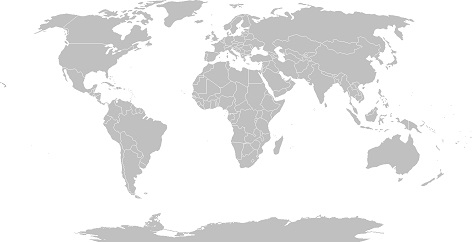[captionpix align=”right” theme=”elegant” width=”300″ imgsrc=”http://natoassociation.ca/wp-content/uploads/2013/10/ceremony.jpg” captiontext=”The launch of the Shanghai Free Trade Zone was celebrated on September 29, 2013.”]
With the launch of the long-awaited Shanghai Free Trade Zone (SFTZ) in China on September 29, Shanghai is one large step closer to Premier Li Keqiang’s vision of replacing Hong Kong as the financial hub of Asia. The SFTZ was designed as a pilot program to evaluate the impact of more relaxed financial and political regulations in China’s most populous city. Unfortunately, ongoing regulations and the government’s decision to release few details on the zone itself has resulted in an underwhelming response from investors thus far. Nonetheless, the SFTZ marks a new era in the deregulation of the Chinese economy and presents substantial foreign investment opportunities for countries such as Canada.
The SFTZ is not the first Special Economic Zone (SEZ) in China. Indeed, the Shenzen SEZ was opened nearly 30 years ago. Since then, favorable governmental policies have led to a boom in foreign directed investment (FDI) in Shenzen and Guangdong province, particularly in the manufacturing industry. Since then, numerous special economic zones have been established in China with much success. Thanks in part to these zones, China has achieved some of the highest economic growth rates in the world in recent decades. However, the opening of the SFTZ differs from traditional SEZs as it is not designed for foreign manufacturers but foreign investors. The establishment of foreign banks and investment firms is the goal of the SFTZ.
Shanghai is already the financial capital of China, but for it to surpass Hong Kong as a continental finance centre, more business friendly laws are necessary. Government incentives that are essential for the SFTZ to succeed include less stringent trade regulations, lower taxes, an uncensored internet and a legal system that is transparent and sensitive to international norms. Chinese officials have made it clear that removal of censorship and increased corporate tax breaks will not be included in the SFTZ. Furthermore, foreign investors report that the China Banking Regulatory Commission’s current requirement for banks within the SFTZ have a different set of operational standards from the rest of China. As a result, few foreign banks have applied for licensing and the only foreign banks to establish offices in the SFTZ are Citibank, HSBC and DBS. Most of the banks that are currently establishing offices in the SFTZ are Chinese.
Though still in its early days, many experts hope that the SFTZ will become a testing ground for increased convertibility of the Chinese Yuan and a floating interest rate, both of which are currently under tight government control in China. Although an artificially low currency has been instrumental to China’s economic growth over the past three decades, over the long run, China’s current economic practices are not sustainable. A low currency means that Chinese goods are extremely cheap relative to the global market, but the artificially low prices are subsidized by Chinese government. China is essentially paying for foreign consumption.
Market forces will eventually force the deregulation of the Chinese economy. However, sudden deregulation of the Chinese currency exchange will cause great financial turmoil in China as it would lead to a sudden increase in the value of the Yuan which will devastate the manufacturing sector. It is likely that the SFTZ was created in part to test the effects of gradual currency convertibility. A completely deregulated currency will facilitate international trade by increasing global liquidity
Although the launch of the SFTZ may have been a large disappointment for foreign investors, it is important to remember that the Chinese government is very adaptable. The initial release of the Shenzen SEZ was cautious too, but regulations were slowly relaxed to great effect. Given the right conditions, the SFTZ can become a great opportunity for international investors, including those in Canada .




